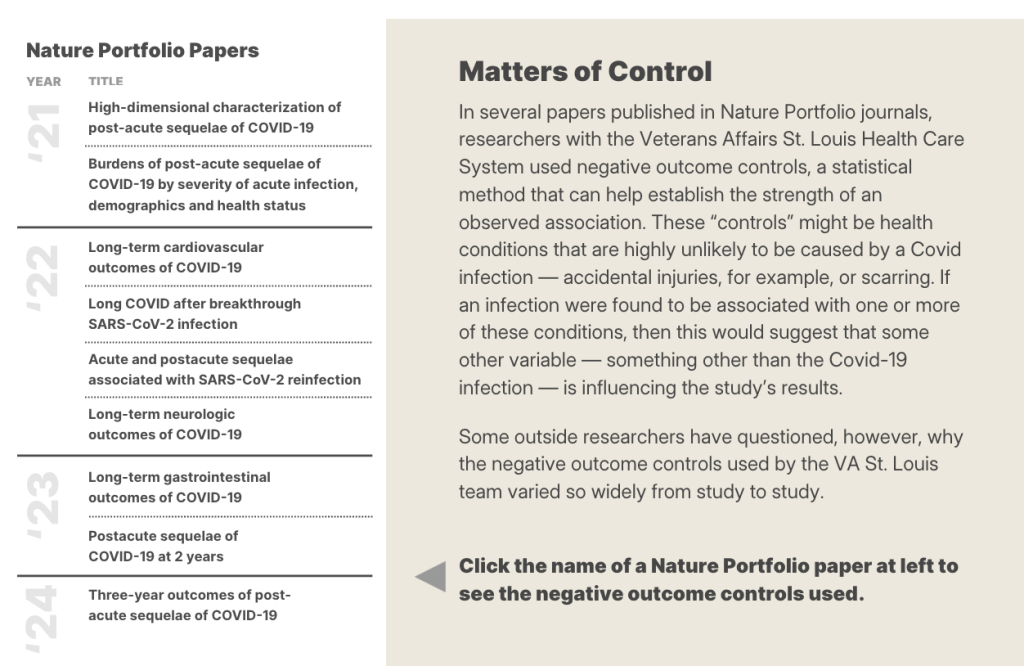Five years after the MeToo motion gripped the world, the issue of sexual harassment continues to canine the economics occupation. Contemporary allegations of misconduct at universities in America and Europe are inflicting a torrent of older circumstances to emerge. Rooting out harassment in academia is especially onerous as a result of profession development is determined by the goodwill of not simply senior colleagues but in addition friends at far-flung establishments, who usually companion with juniors to conduct analysis and who overview papers vying to get revealed in prestigious journals.
But half a decade has not passed by in useless. Many economists at the moment are utilizing the identical rigorous method they create to assessing the labour market, or the influence of office accidents, to gauge the results of harassment. Their findings assist give a way of the associated fee—to victims and the broader workforce—of sexual coercion, demeaning remedy and degrading feedback. Happily, the analysis additionally reveals that some cures do work, making the pay-off to halting misconduct each sizeable and attainable.
The best value of harassment is borne by the victims themselves. On prime of the grave psychological prices, there are financial ones too. Victims have a tendency to surrender their jobs to search for new ones for which they could be much less suited. Johanna Rickne of Stockholm College and Olle Folke of Uppsala College performed a survey on sexual harassment and adopted respondents for 5 years. They discovered that ladies who reported harassment had been 25% likelier to go away their job than different ladies; the equal improve for male victims was 15%. The ladies who left additionally tended to earn much less. One other examine by Abi Adams-Prassl of Oxford College and colleagues, utilizing Finnish information on violent incidents together with sexual assault, reveals that feminine victims have virtually as a lot probability of being durably unemployed as staff laid off after the closure of a plant; for male victims, the chances are a bit decrease.
The concern of being unemployed additionally seems to discourage victims of sexual harassment from talking up. Gordon Dahl of the College of California, San Diego, and Matthew Knepper of the College of Georgia discover that solely the extra egregious circumstances are usually reported throughout recessions.
Gender-based harassment additionally acts as a tax on the remainder of the inhabitants. One technique to pin an financial worth on that is to estimate how a lot of a pay reduce staff are prepared to simply accept to keep away from the danger of harassment. Of their paper Ms Rickne and Mr Folke ran experiments with hypothetical job presents in Sweden. They discover that, on common, the gender most in danger—most frequently ladies—is keen to surrender 17% of their salaries to keep away from harassment. In one other examine Joni Hersch, of Vanderbilt College, calculates that the collective sacrifice in earnings of American ladies per filed case of sexual harassment in any given yr is $9.3m.
Encouragingly, analysis may information pondering on methods to deal with sexual harassment. One lesson is that bettering exterior choices may help. Mr Dahl and Mr Knepper discover that earlier than North Carolina reduce unemployment advantages in 2013, staff had been extra prone to report harassment. Facilities that make it simpler to seek out work, reminiscent of transport hyperlinks to thriving job basins, also needs to make a distinction. The place the potential for retaliation is excessive and out of doors choices are restricted, reminiscent of in film-making or academia, field-wide establishments should be robust sufficient to punish deviations. The American Financial Affiliation has written codes of conduct and may open investigations, however lacks the tooth to acquire proof and impose sanctions.
One other lesson is that employers themselves ought to have a powerful curiosity in tackling sexual harassment. Caroline Coly of Bocconi College and co-authors discover that, since 2017, ladies have been leaving organisations the place they concern being harassed in greater numbers. The Finnish examine additionally finds that ladies apart from the sufferer have a tendency to go away a agency the place male violence in direction of ladies has been reported. The corollary is that corporations that clamp down on harassers ought to be capable of entry a wider pool of expertise, thereby permitting them to outperform rivals.
Proof of such a bonus is beginning to emerge. Analysis suggests corporations run by feminine executives might have change into extra priceless since MeToo started. One motive may very well be that they deal with male wrongdoers in a different way. Ms Adams-Prassl and colleagues discover that feminine leaders are inclined to sack perpetrators. That, in flip, prompts extra ladies to remain. A paper by Mark Egan of Harvard Enterprise College and colleagues additionally reveals that feminine bosses are much less tolerant of different kinds of misconduct by males, reminiscent of client disputes or regulatory offences.
Paying the worth
Such incentives, nonetheless, can go solely up to now. The ultimate lesson is that organisations below whose roofs harassment happens usually bear too little of the true value. America’s federal legal guidelines cap the sexual-harassment damages a sufferer can obtain from giant corporations at $300,000. Making use of the identical technique utilized in workplace-safety circumstances, Ms Hersch argues, yields a bigger quantity: $9.3m, the earnings sacrifice ladies are keen to make to keep away from harassment. Such funds might deter corporations from tolerating misconduct. However they will not be sufficient to alter norms and company tradition. For that to occur, individuals in energy want to talk out.
Economists now want to show their focus to their very own yard. Anna, a former economics phd pupil at a European college (whose title we’ve got modified), recounts how her supervisor made inappropriate feedback and finally requested her to spend the night time at his place—which she declined—earlier than turning vindictive when she requested a change of supervisor. After her PhD Anna selected to pursue a profession exterior academia. Not for a scarcity of ambition, she says, however to keep away from the poisonous tradition and the unsafe surroundings it breeds. Economics would do effectively to verify future Annas resolve to remain. ■
Learn extra from Free Alternate, our column on economics:A playbook from the Eighties for coping with inflation (Dec 1st)Climate is once more figuring out financial outcomes (Nov twenty fourth)Solely a revived financial system can save China’s property business (Nov seventeenth)
For extra skilled evaluation of the most important tales in economics, finance and markets, signal as much as Cash Talks, our weekly subscriber-only publication.






















